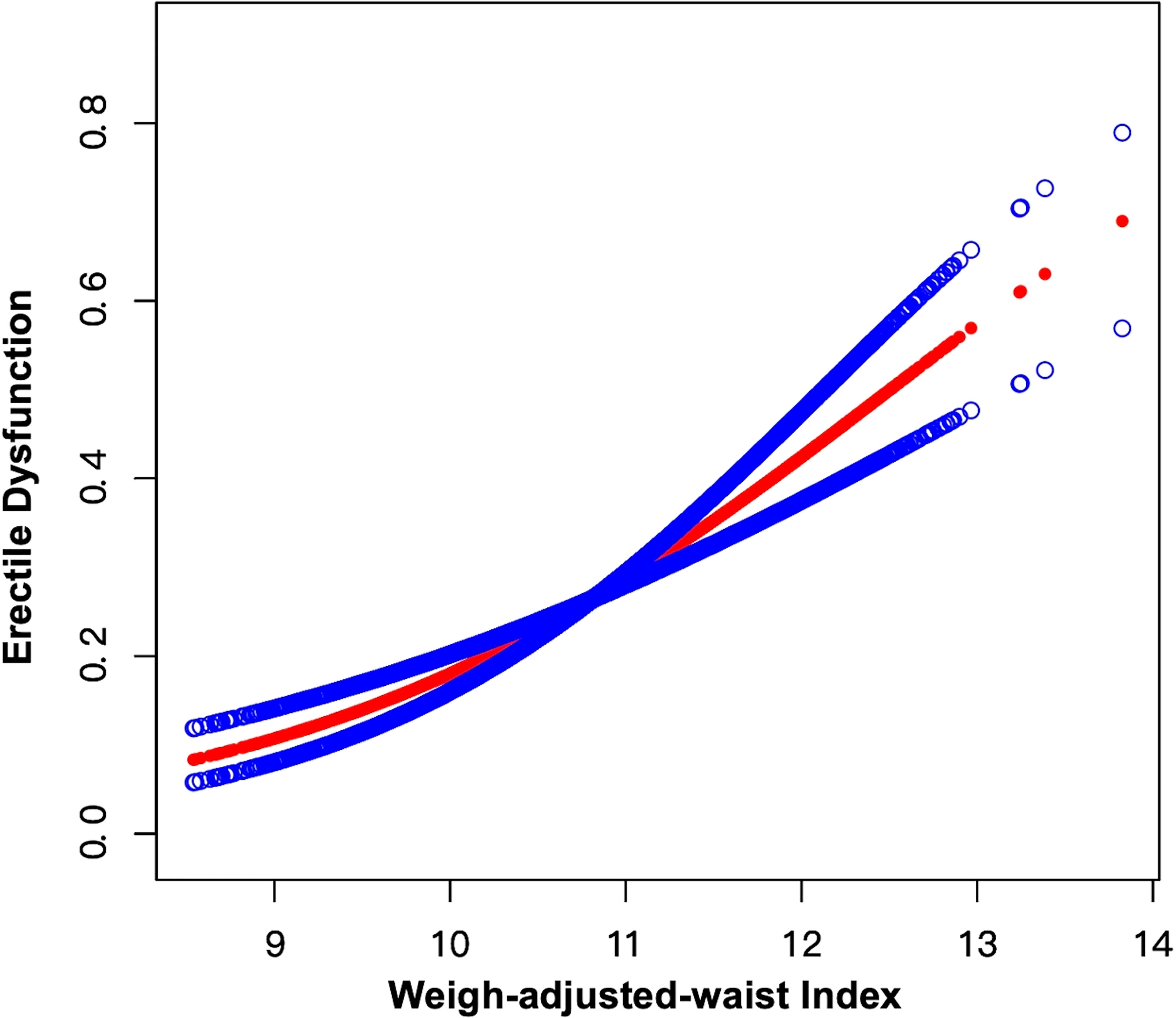lachlanraney77
About lachlanraney77
Erectile Dysfunction: An Observational Study on Prevalence, Causes, And Affect
Erectile dysfunction (ED) is a condition characterized by the shortcoming to attain or maintain an erection ample for passable sexual performance. This observational study aims to explore the prevalence, underlying causes, and psychosocial impacts of erectile dysfunction among various populations. Via a mix of surveys, clinical assessments, and interviews, we gathered information from a pattern of males aged 18 and older across various demographics.
Prevalence of Erectile Dysfunction
Erectile dysfunction is a common condition, affecting an estimated 30 million men in the United States alone. In keeping with our observational data, the prevalence of ED increases with age, with approximately 5% of males of their 40s experiencing erectile difficulties, compared to almost 15% of men in their 70s. If you beloved this posting and you would like to obtain extra information relating to erectiledysfunctiontreatments.online kindly go to our website. This trend aligns with existing literature, which means that age-related physiological modifications, corresponding to reduced testosterone ranges and vascular well being deterioration, contribute significantly to the onset of ED.
In our sample, we found that lifestyle components additionally play a important function within the prevalence of erectile dysfunction. Men who reported a sedentary lifestyle, poor dietary habits, and high levels of stress have been more more likely to expertise ED. Notably, the prevalence was considerably higher in men with obesity, diabetes, and cardiovascular diseases. These findings point out that way of life modifications may serve as preventative measures in opposition to the development of erectile dysfunction.
Causes of Erectile Dysfunction
The causes of erectile dysfunction are multifactorial, encompassing bodily, psychological, and relational components. In our observational examine, we categorized the causes into three principal groups: organic, psychological, and relational.
- Organic Causes: Our findings revealed that organic causes, together with vascular diseases, hormonal imbalances, and neurological disorders, accounted for approximately 60% of the reported circumstances. Circumstances reminiscent of diabetes mellitus and hypertension were steadily cited by members, highlighting the importance of managing these chronic illnesses to cut back the danger of ED.
- Psychological Causes: Psychological elements, together with anxiety, depression, and stress, were recognized as significant contributors to erectile dysfunction. Round 30% of our participants indicated that psychological issues played a job of their situation. The interplay between psychological well being and sexual function underscores the necessity of addressing psychological properly-being within the treatment and administration of ED.
- Relational Components: Relational dynamics, including communication points and intimacy problems with companions, had been also prevalent among our individuals. Approximately 25% of males reported that their erectile dysfunction was exacerbated by relational conflicts, highlighting the importance of open communication and assist inside intimate relationships.
Affect of Erectile Dysfunction
The affect of erectile dysfunction extends beyond the bodily realm, affecting emotional health, shallowness, and interpersonal relationships. Our observational examine revealed that men with ED typically experience emotions of inadequacy, embarrassment, and frustration. These emotional responses can lead to a lower in overall quality of life and will exacerbate current psychological well being issues.
Furthermore, the stigma surrounding erectile dysfunction can prevent men from in search of help, resulting in a cycle of disgrace and isolation. In our interviews, many participants expressed a reluctance to discuss their condition with healthcare suppliers or companions, fearing judgment or misunderstanding. This barrier to communication can hinder efficient treatment and exacerbate the psychological burden of ED.
Treatment and Management
Regardless of the challenges related to erectile dysfunction, various treatment choices are available. Our observational study highlighted a spread of approaches, together with way of life modifications, pharmacological treatments, and psychological interventions.

- Way of life Changes: Many contributors reported improvements in erectile function following lifestyle modifications. These included adopting a healthier weight loss program, increasing bodily activity, and managing stress by mindfulness practices. Encouraging men to prioritize their general health is usually a pivotal step in addressing erectile dysfunction.
- Pharmacological Treatments: The use of phosphodiesterase kind 5 (PDE5) inhibitors, resembling sildenafil (Viagra) and tadalafil (Cialis), emerged as a common treatment option amongst participants. While these medications could be efficient, it is important to contemplate potential unwanted effects and contraindications, notably in males with underlying health conditions.
- Psychological Interventions: Cognitive-behavioral therapy (CBT) and couples therapy were recognized as beneficial for addressing psychological and relational components contributing to ED. Individuals who engaged in therapy reported improved communication with their partners and a greater understanding of the psychological points of their condition.
Conclusion
Erectile dysfunction is a multifaceted situation that impacts a significant portion of the male population. Our observational research highlights the significance of recognizing the interplay between physical, psychological, and relational factors in understanding and addressing ED. By fostering open communication, selling healthy lifestyles, and providing comprehensive treatment options, healthcare providers can better support males dealing with this challenging condition.
As awareness of erectile dysfunction continues to grow, it is crucial to break the stigma surrounding it and encourage males to seek help. By way of education and help, we can enhance the standard of life for those affected by erectile dysfunction and promote healthier, more fulfilling intimate relationships.
No listing found.